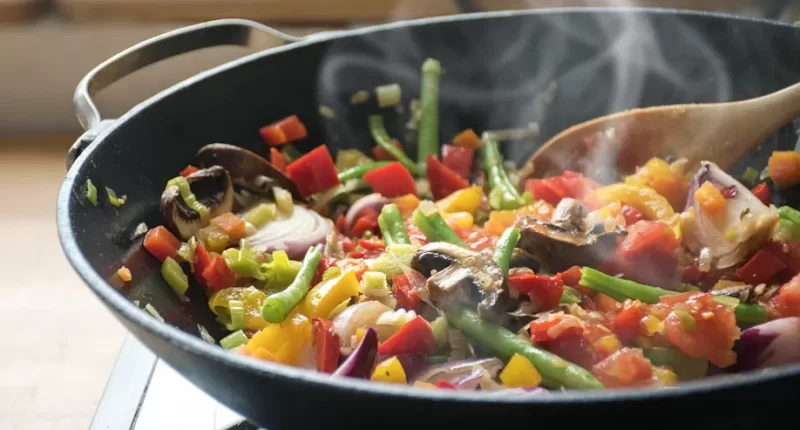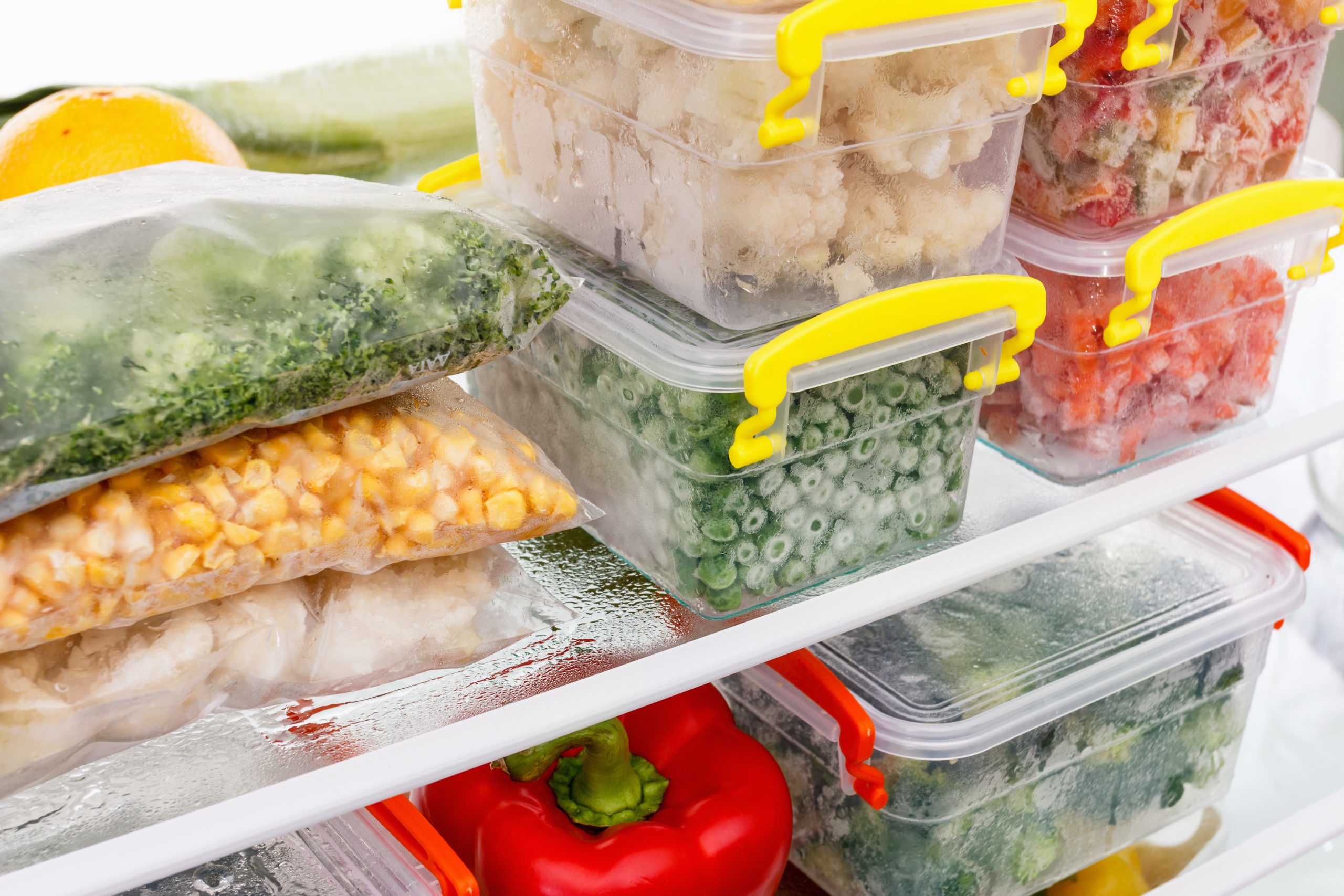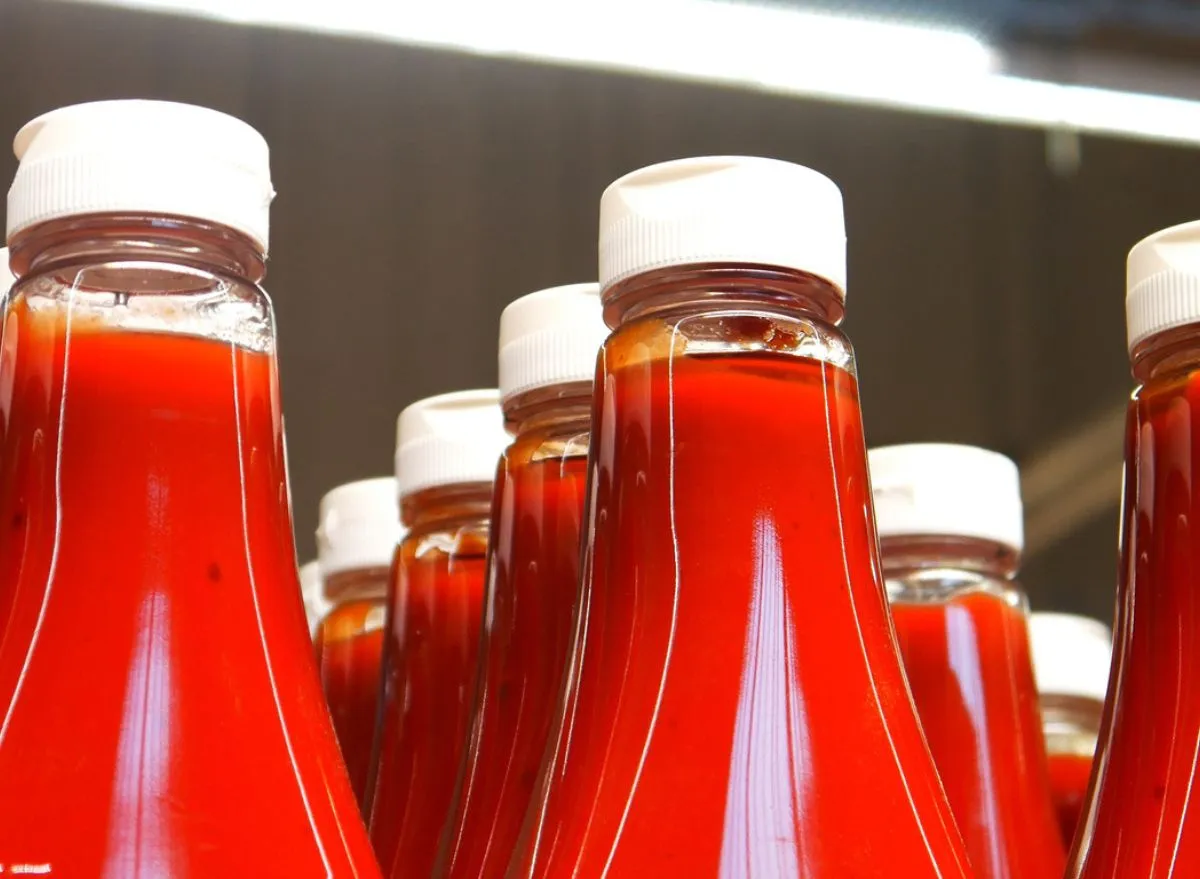Cooking is not just about preparing delicious meals; it also involves ensuring food safety and maintaining proper hygiene practices. Adhering to hygiene standards in the kitchen is crucial to prevent foodborne illnesses and maintain good health.
In this article, we will explore 10 vital hygiene tips for cooking that will help you create a clean and safe culinary environment.
Table of Contents
10 Vital Hygiene Tips for Cooking
1. Cleanliness is Key
Maintaining a clean kitchen is the foundation of good hygiene practices. Regularly clean countertops, cutting boards, utensils, and appliances to remove any food residue or bacteria. Wash your hands thoroughly with soap and warm water before and after handling food to minimize the risk of cross-contamination.
2. Separate Raw and Cooked Foods
To prevent the spread of harmful bacteria, keep raw and cooked foods separate during storage, preparation, and serving. Use separate cutting boards and utensils for raw meat, poultry, and seafood to avoid cross-contamination.
3. Cook Food Thoroughly
Proper cooking temperatures are essential for destroying bacteria and ensuring food safety. Use a food thermometer to check the internal temperature of meats, poultry, and fish. Cook them to the recommended temperatures to eliminate any potential pathogens.
4. Store Food Safely
Storing food properly is crucial for preventing bacterial growth. Refrigerate perishable foods promptly, preferably within two hours after cooking or purchasing. Ensure your refrigerator is set to the appropriate temperature (below 40°F or 4°C) to keep food fresh and safe.
5. Practice Safe Defrosting
Defrost frozen foods safely to avoid bacterial growth. The safest methods include thawing in the refrigerator, using the microwave, or running cold water over the food while it’s in a sealed package. Avoid thawing food at room temperature, as it can promote bacterial growth.
6. Wash Fruits and Vegetables
Before consuming or cooking fruits and vegetables, rinse them thoroughly under running water to remove dirt, bacteria, and pesticide residues. Use a brush to scrub rough surfaces like melons or potatoes. However, avoid using soap, bleach, or other chemicals, as they can be harmful if ingested.
7. Practice Personal Hygiene
Maintaining personal hygiene is essential when handling food. Regularly wash your hands with soap and warm water, especially after using the bathroom, coughing, or sneezing. Tie back long hair, remove jewelry, and wear clean clothing while cooking to minimize the risk of contamination.
8. Avoid Cross-Contamination
Preventing cross-contamination is vital to food safety. Clean cutting boards, utensils, and countertops thoroughly after each use, particularly when transitioning from handling raw to cooked foods. Use separate plates and utensils for cooked food to avoid any contact with raw juices.
9. Use Safe Water Sources
Using safe water sources for cooking and cleaning is essential. Ensure your water supply is safe by regularly testing it for contaminants. If you are uncertain about the quality of your tap water, consider using filtered or bottled water when cooking.
10. Educate Yourself
Staying informed about food safety practices and staying updated with the latest guidelines is crucial. Take the time to educate yourself on proper cooking techniques, storage practices, and food handling. Stay aware of any recalls or warnings related to food products to protect yourself and your family.
Conclusion
Maintaining proper hygiene in the kitchen is essential for food safety and the well-being of you and your loved ones. By following these ten vital hygiene tips for cooking, you can minimize the risk of foodborne illnesses and create a clean and safe culinary environment. Remember to practice cleanliness, separate raw and cooked foods, cook thoroughly, and stay informed about the latest food safety guidelines. By prioritizing hygiene in the kitchen, you can enjoy delicious meals while ensuring the health and safety of everyone around you.
You May Also Like | Is It Healthy To Swallow Semen? – Here’s What We Know!
FAQs
Proper hygiene in the kitchen is crucial to prevent foodborne illnesses and maintain good health. It helps eliminate bacteria, viruses, and other pathogens that can cause food poisoning and contamination.
You can ensure kitchen cleanliness by regularly cleaning countertops, cutting boards, utensils, and appliances. Additionally, washing your hands thoroughly with soap and warm water before and after handling food is essential.
No, you should not use soap or bleach to wash fruits and vegetables. Rinse them thoroughly under running water to remove dirt and bacteria. Using soap or bleach can be harmful if ingested.












